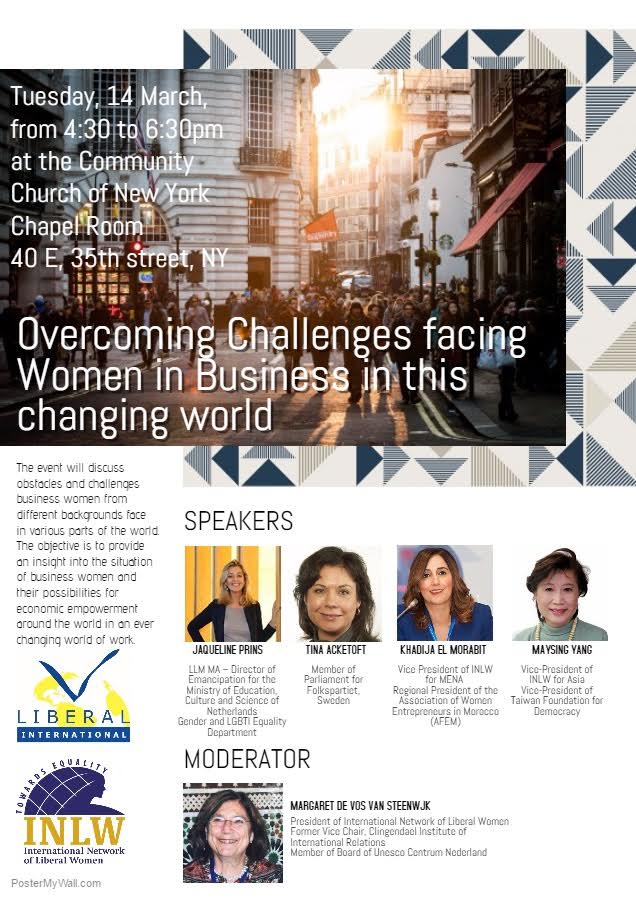Laura Borm
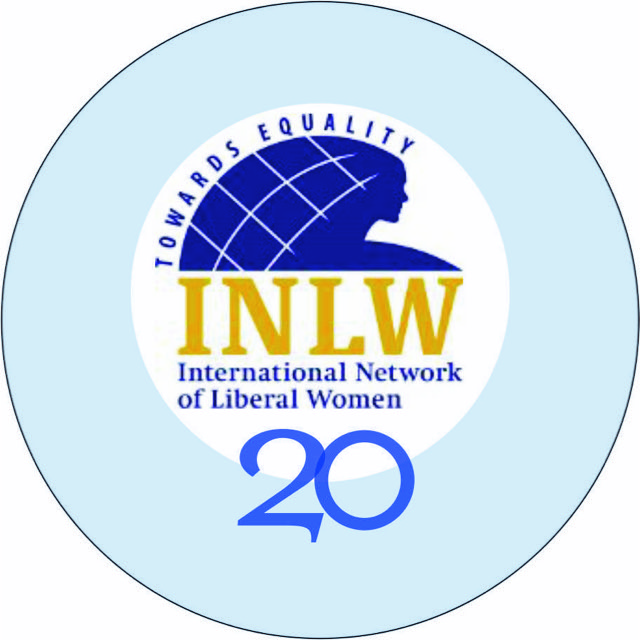
18th May 2017 at Hotel Golden Tulip Fenix, Prat Gran 3-5, Andorra at 10.30 a
“20 YEARS INLW” And how is women’s empowerment in Andorra being achieved?
10.30 Opening of INLW panel event
Margaret de Vos van Steenwijk: Presentation 20 Years INLW
Carine Montaner, Andorra MP; Economic Empowerment of Women in Andorra,
Joaquima Alemany, Past President; Presentation of book
Maysing Yang, Vice President Asia; situation in Asia,
Panel Discussion
Followed by discussion with the speakers and among others Khadija El Morabit, Vice President MENA
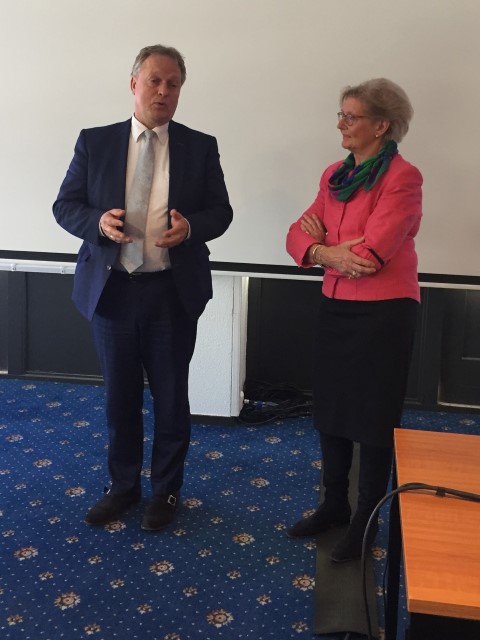
On the 25th of March the Dutch Liberal Women’s Network organised a speed-dating event to inspire women to apply for the municipal elections in March 2018. Over 35 women and one gentleman, some members of VVD and some just interested persons made the acquaintance of several VVD politicians. The municipal elections next year in March may seem a long way off but in the second half of this year the candidate lists will be made. Dutch Liberal Women’s Network states that the number of women in city councils are still insufficient compared to the number of men, according to Karima Bouchtaoui, member of the Liberal Women’s Network.
In 2014 only 28,3 % of the members were women and only 20% of the alderman were female. The number of mayors is slowly increasing but especially in small villages the number of women is still low. Time for action!
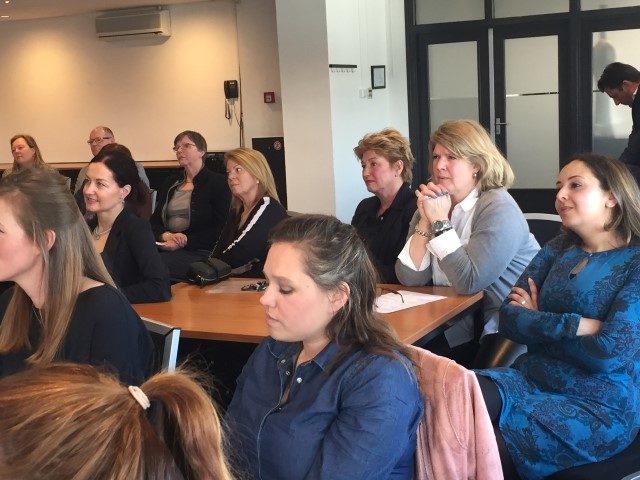
The event started with a lunch in order to network with one another. During the speed date the ladies had talks with Chantal Nijkerken, Hayke Veltman, Eric Ziengs, Paulien Geerdink and Sabine Koebrugge all politicians in parliament or local councils.
Questions such as: How can you become active in the local politics? What are the do’s and don’ts if you want to become a member of the city council? How is the procedure to get on the candidate list? were discussed. The experiences and personal stories that the VVD politicians gave, were helpful and motivating. The entire event was an enormous success. Cards were exchanged and conversations profound. But the most important result was that after the event several ladies decided to get themselves candidate for the procedure to be elected as a member of the city council. That was the purpose of this speed dating, according to Liberal Women’s Network chair Marijke Vos-Maan in her final words.
On to March 21st, 2018 with a good many talented women on the list!
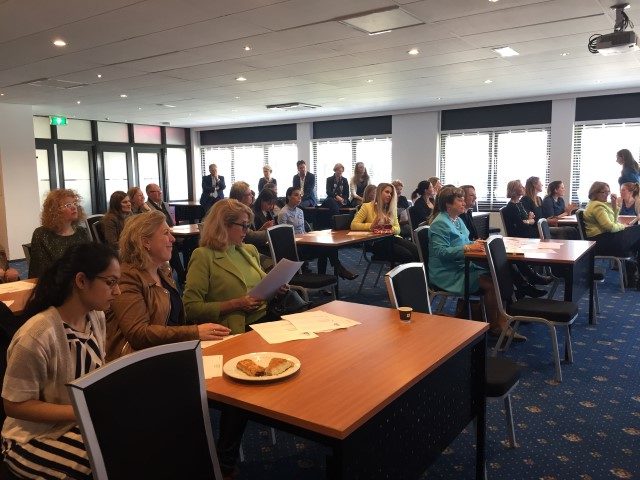
H.E. (Lysbeth) van Valkenburg-Lely
President Dutch Chapter INLW
Hereby we are sending you all the documents for our INLW General Meeting to be held in Andorra on May 18th 2017 at 9 am in Hotel Roc Blanc.
If you are considering coming to Andorra to participate at our General Meeting as well as at the Liberal International 70th Anniversary Congress you should inscribe for the Congress before 4 may it says on the inscription site! If you would like to participate as a delegate of INLW please let me know as soon as possible as there is a limit to the amount of delegates allowed per LI member (INLW can have 10 delegates).
For more information on the Congress please look at the LI website, www.liberal-international.org.
Continue readingThis gallery contains 27 photos.
13-24 March 2017
I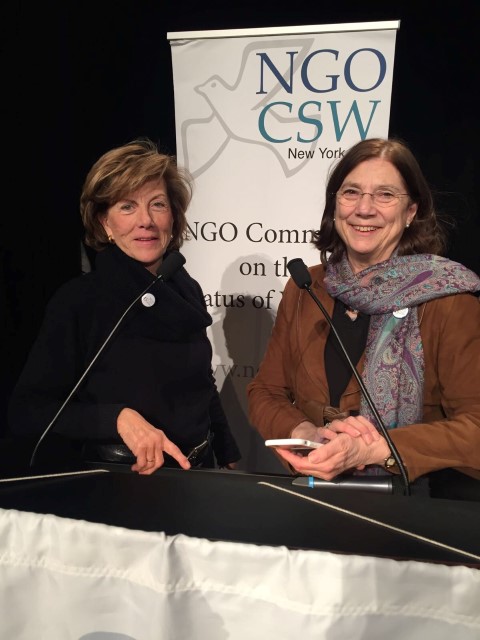 NLW was represented at the CSW by Khadija El Morabit (Vice Presidentfor MENA region), Lysbeth van Valkenburg (Treasurer) Margaret de Vos van Steenwijk (President), and Leticia Gutíerrez (Member of the Board), also Petra Rona member of INLW. Joaquima Alemany (Past President) also participated representing Dones et Libertat of which she is the President.
NLW was represented at the CSW by Khadija El Morabit (Vice Presidentfor MENA region), Lysbeth van Valkenburg (Treasurer) Margaret de Vos van Steenwijk (President), and Leticia Gutíerrez (Member of the Board), also Petra Rona member of INLW. Joaquima Alemany (Past President) also participated representing Dones et Libertat of which she is the President.
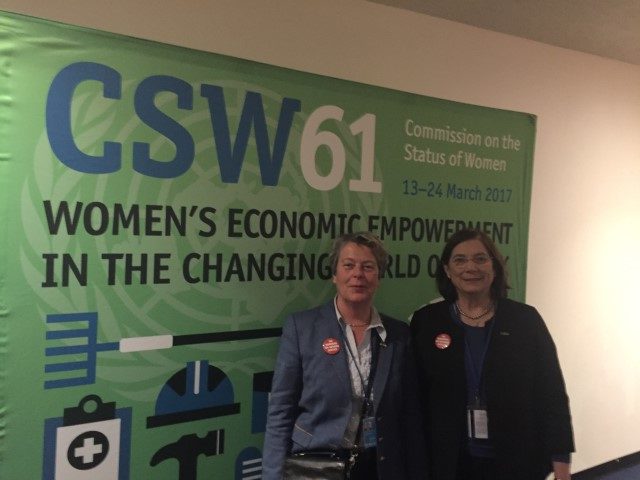
“Women’s Economic empowerment in the Changing World of Work” was this year’s priority theme. If we are to achieve gender equality by 2030, we must realize that this is everyone’s responsibility to ensure that it happens. The priority theme highlights, the vulnerability of women and girls as the most likely to be left behind economically and in status in the workplace. Women and girls must be ensured of equal access to technology; to land ownership; to finance/microfinance; the opportunity for higher and continuing education and they must be prepared and supported to hold positions of leadership in both public and private sectors and to have their rightful seat at the table during organizational, labor and peace negotiations.
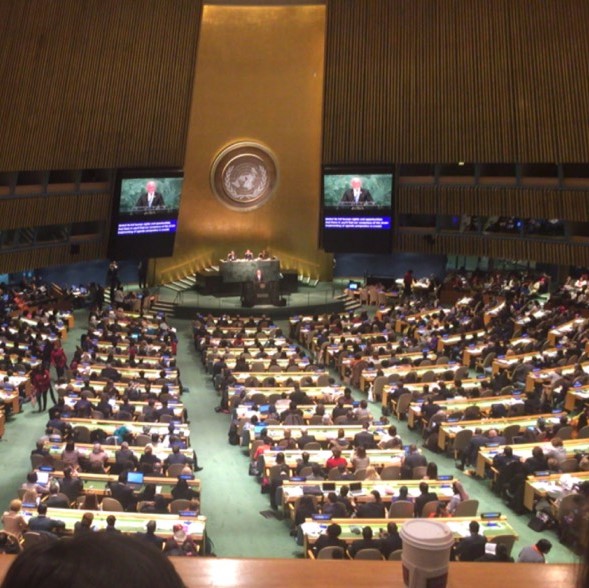 On Monday morning in the General Assembly we were welcomed by the new Secretary General of the UN, Antonio Guterres. He showed his heart lies with achieving the empowerment of women! “Male chauvinism blocks women. That hurts everyone. The empowerment of women is our key priority!”
On Monday morning in the General Assembly we were welcomed by the new Secretary General of the UN, Antonio Guterres. He showed his heart lies with achieving the empowerment of women! “Male chauvinism blocks women. That hurts everyone. The empowerment of women is our key priority!”
The Executive Director of UN Women Phumzile Mlambo-Ngcuka spoke of the “Constructive impatience for change”. “This CSW could be the much-needed accelerator for the implementation 2 and achievement of the 2030 agenda. We must make, and can make, the world of work, work better for women, transforming economies and realizing 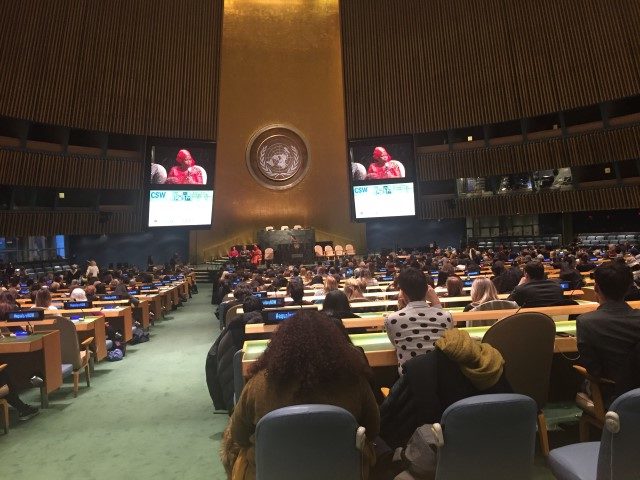 rights. We only have thirteen years until 2030. Every week and every month counts.”
rights. We only have thirteen years until 2030. Every week and every month counts.”
During the first week, a 3-minute action was held at the UN symbolic of the time that women and men’s pay is no longer equal. At the UN and at local/national levels we must create new arenas of decent work for women and girls, where there are no pay gaps, where labor laws are rightsbased and informal, unpaid care and domestic work is fully recognized.
 Because of the winter storm the congress was closed throughout the Tuesday.
Because of the winter storm the congress was closed throughout the Tuesday.
INLW board members who were present in New York used this time to hold a meeting to discuss the congress and to prepare INLW 20th anniversary this year in Andorra.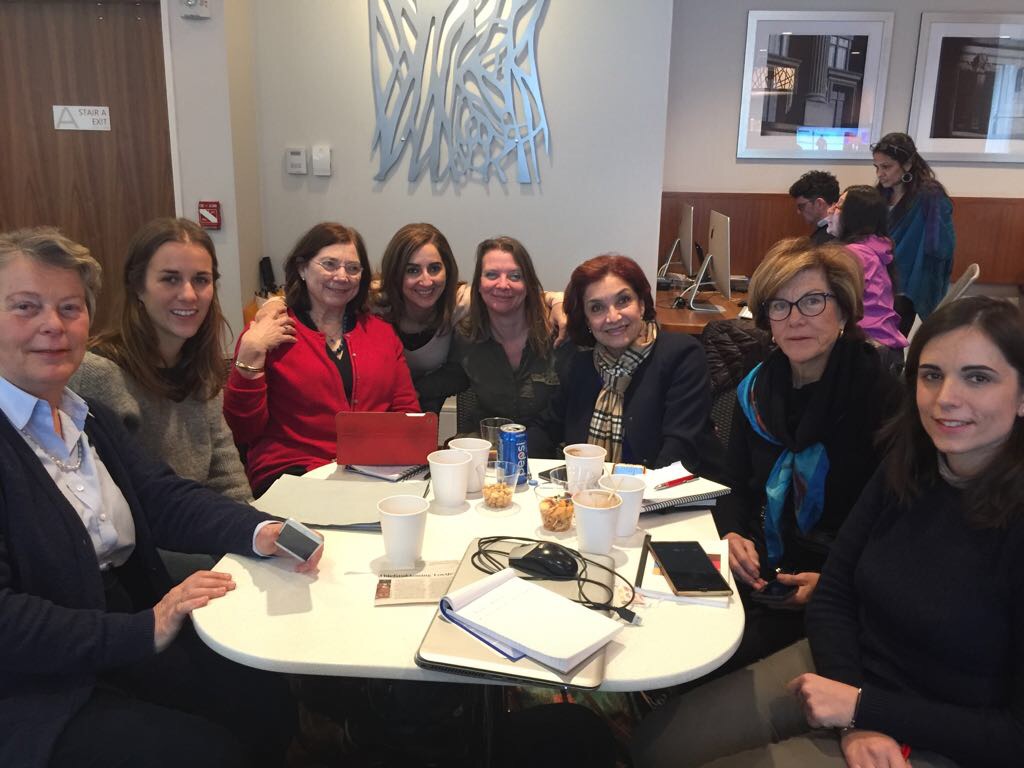
The first day one of the events where we were present was: 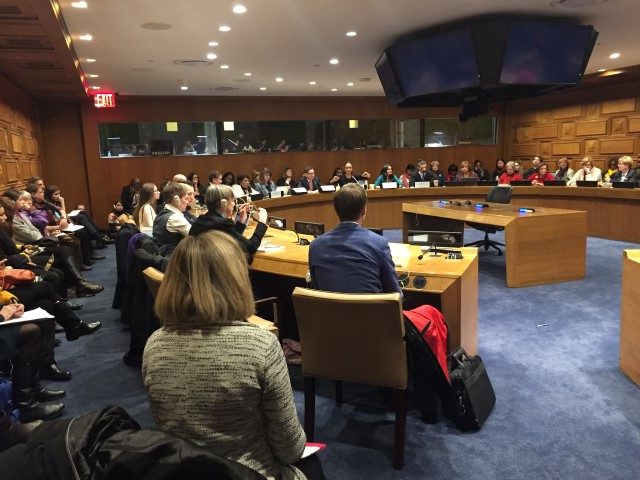 “Gender equality the Nordic way: What can we learn from it”.
“Gender equality the Nordic way: What can we learn from it”.
We have already heard about this method which is called the “Barber Shop”. It is all about the importance of mobilizing men and boys for gender equality. The Barber Shop, a place where many men meet can bring a conversation about how 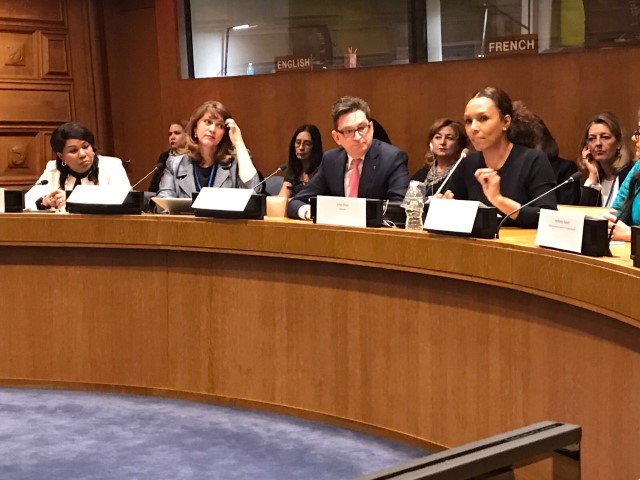 to treat women and how to communicate with women amongst men where they can talk among themselves in safe surroundings. This is led by 1 or 2 men who are bringing in the dialogue and reflection on how to make a better understanding between men and women and in the end more solidarity on issues such as equal pay. Investing in a good relationship between the sexes builds a better company in the end. In Switzerland, there is already a complete legal framework to see to equal pay and development. This is also shown in yearly surveys how companies are faring: “Naming and shaming”. It has been proved that by having more women in the top a business gets 37% more results.
to treat women and how to communicate with women amongst men where they can talk among themselves in safe surroundings. This is led by 1 or 2 men who are bringing in the dialogue and reflection on how to make a better understanding between men and women and in the end more solidarity on issues such as equal pay. Investing in a good relationship between the sexes builds a better company in the end. In Switzerland, there is already a complete legal framework to see to equal pay and development. This is also shown in yearly surveys how companies are faring: “Naming and shaming”. It has been proved that by having more women in the top a business gets 37% more results.
In Iceland, the government will get a law through parliament this year to get equal pay in 2020!
Every morning at 8.30 we were present at the NGO morning briefings.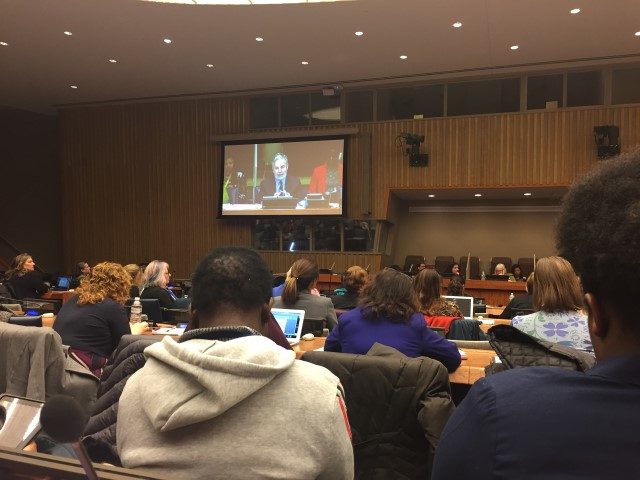
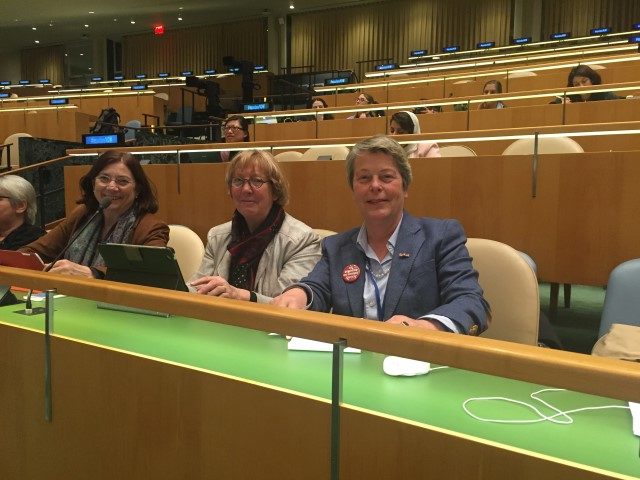
This year fortunately at the end all participating countries signed the “Agreed Conclusions”.
Press release from CSW
Feminist persistence pays off at UN Commission Status of Women, but challenges loom large in the changing world of work
Feminist activists have seen their hard work pay off as the UN 61st Commission on the Status of Women adopted a set of Agreed Conclusions that made significant commitments to advance women’s rights and economic empowerment in the changing world of work.
In response to feminists’ demands for gender-just strategies to confront the multiple impacts of climate change and related ecological damage, the Commission recognized the imperative of moving towards a just transition of the workforce toward low-carbon economies that deliver for women and the planet. “Now is the time for the strongest possible action toward a climate just planet, and this  requires actions like a global moratorium on coal and keeping global warming below 1.5 degrees Celsius, said Noelene Nabulivou of Diverse Voices and Action for Equality, Fiji. “This must be carried forward through a gender just and equitable and safe transition toward a low-carbon economy.”
requires actions like a global moratorium on coal and keeping global warming below 1.5 degrees Celsius, said Noelene Nabulivou of Diverse Voices and Action for Equality, Fiji. “This must be carried forward through a gender just and equitable and safe transition toward a low-carbon economy.”
The Commission also called for gender-responsive strategies to increase women’s resilience to the economic impacts of climate change. Recognizing that women continue to shoulder the bulk of unpaid care and domestic work, the Commission established a blueprint for governments to reduce and redistribute this work through public services, labour and social protections, and affordable child and other care services. The Commission also urged governments to measure the value of unpaid care and domestic work through time use surveys, which will help measure progress towards the UN Sustainable Development Goals.
For the first time, the Commission recognized the importance of the Declaration on the Rights of Indigenous Peoples, as it examined the focus area of indigenous women’s empowerment. The Commission also called upon governments to respect and protect indigenous women’s traditional and ancestral knowledge, and address the multiple and intersecting forms of discrimination and violence that they face. “That the Commission on the Status of Women also called for support for Indigenous women’s financial independence and economic self-determination, for example by establishing Indigenous-owned businesses, is a hard-won but important step for Indigenous sisters around the world,” said Sarah Burr, of the YWCA Australia.
In other wins, the Commission urged governments to end violence and harassment against women in the world of work, with a specific focus on strengthening and enforcing laws and policies and developing measures to promote the re-entry of victims and survivors of violence into the labour market. It also recognized that sexual and reproductive health and rights is essential for women’s economic rights, independence and empowerment. “These were hard-fought gains as countries like the United States, Russia and Guyana worked to weaken governments’ resolve to tackle violence and harassment and protect sexual and reproductive rights,” said Shannon Kowalski of the International Women’s Health Coalition. “Governments must face the facts that women’s rights to exercise autonomy over their bodies and lives is critical to their economic empowerment.” Language on families was also constructive in that it implied the reality of a diverse range of family structures. 5 The Women’s Rights Caucus is a coalition of more than 250 feminist and women’s rights organizations from across the globe.
For more information about CSW61 go to www.UNWomen.org. There you can also find in the official documents our INLW written statement: E/CN.6/2017/NGO/86. And on our website in the chapter CSW, www.inlw.org . The agreed Conclusions when definite will also appear on both websites.
Lysbeth van Valkenburg-Lely
Margaret de Vos van Steenwijk-Groeneveld

“If he beats you, it means he loves you,” says a Russian proverb which is being used to justify domestic violence and abuse of women and girls in Russia!
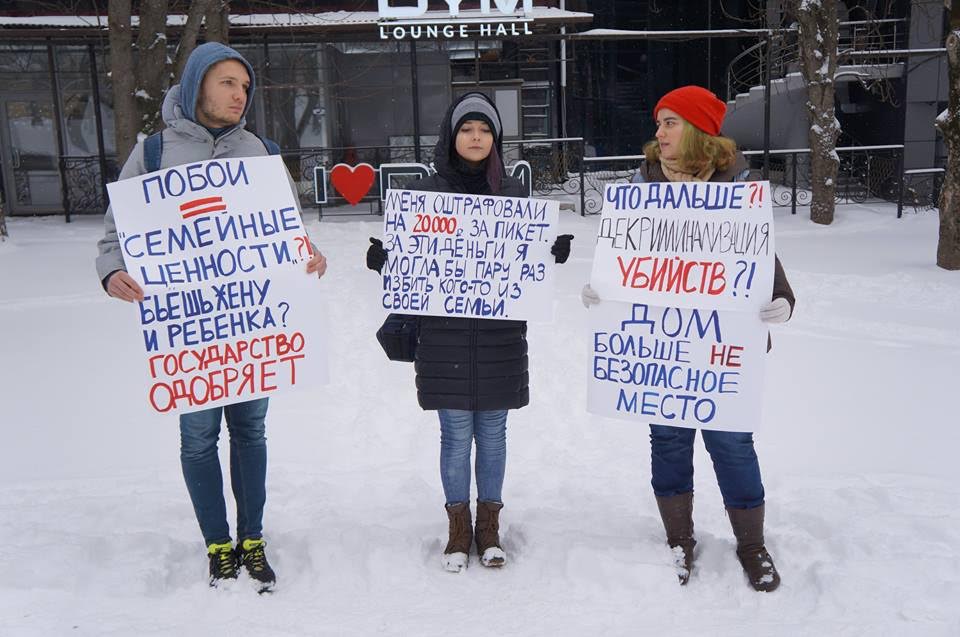
The activists of Moscow YABLOKO Youth joined the campaign holding pickets against the initiative to decriminalize domestic violence by the parliament (http://eng.yabloko.ru/?p=16029). They participated in a rally (http://eng.yabloko.ru/?p=16305) against domestic violence as well.
INLW is shocked and infuriated by the new Russian bill by which Russia’s authorities are turning the proverb into legislation.
On February 7th the Russian President Vladimir Putin indeed signed the bill on decriminalization of domestic violence, which the State Duma and the Federation Council of the Russian had adopted shortly before! This while there was so much protest against the bill by Russians, young and old, men and women and international State personalities.
This is despite the fact that the Russian Federation is bound by the European Social Charter, which requires State Parties to protect women and children against violence. Besides that, Russia as member of the European Council of Europe is one of only three out of 47 member States of the Council of Europe who have neither signed nor ratified the Istanbul Convention “On preventing and combating violence against women and domestic violence”. This Convention is legally binding and criminalizes all acts of physical, sexual or psychological violence within the family and between former or current spouses and partners.
INLW together with Liberal International have been campaigning for the last years to call upon all states to sign, ratify and implement the contents of the Istanbul Convention. INLW and LI have also called upon the UN to work towards the globalization of the Convention of Istanbul.
It is all the more disturbing to see a member of the European Council regressing in its position towards domestic violence instead of progressing in this field!
We therefore stand behind all those opposing this bill.
Russian liberal YABLOKO party protested against the bill decriminalizing domestic violence against family members which suggests that the abuser will not be held criminally liable, but only will be prosecuted in the administrative order [which envisages fines] if he committed beatings of his family members for the first time. Only in case of repeated violence it will be possible to try and arraign the perpetrator on a criminal charge. In its statement (http://eng.yabloko.ru/?p=16367 ) YABLOKO claims that this law will lead to the increase in the number of victims.
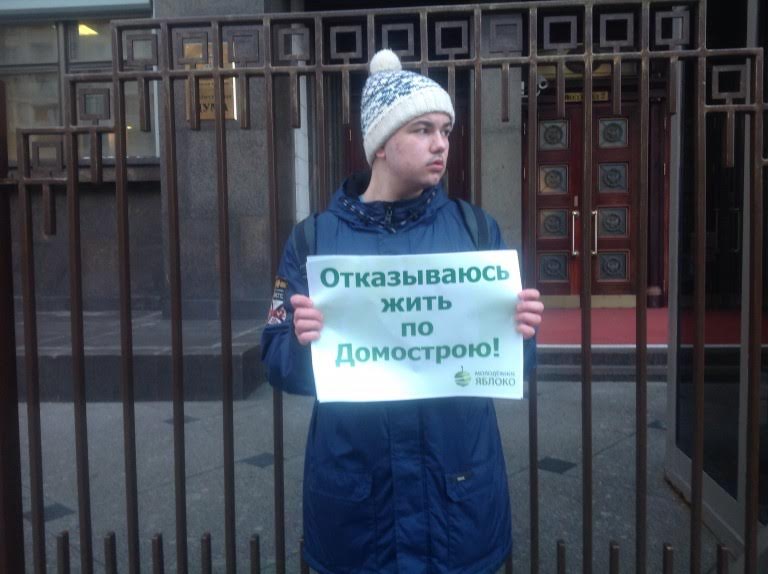
YABLOKO Chair Emilia Slabunova urged the State Duma (the lower chamer of the Russian parliament) that the bill must be turned down and a special law on liability for domestic violence should be passed instead. She also said that the government must create an efficient state mechanism for the prevention of domestic violence, assistance and rehabilitation of victim. (http://eng.yabloko.ru/?p=16042)
Chair of YABLOKO’s Gender faction Galina Mikhaleva claims that this law virtually encourages an assaulter in a family and provides an opportunity for police to refuse investigation of such terrible crimes.
It is not a minor problem in Russia as decriminalization of domestic violence takes place in the situation where 14,000 women die after falling victims of domestic violence every year in Russia! (http://eng.yabloko.ru/?p=16055)
In an effort to raise awareness Deputy Chair of YABLOKO’s Gender faction Olga Radayeva launched a flash mob on the social media against decriminalization of domestic violence calling supporters to share pictures of themselves holding a placard which reads #ЯПротивЗаконаОДекриминализацииСемейногоНасилия
(#I am against domestic violence).
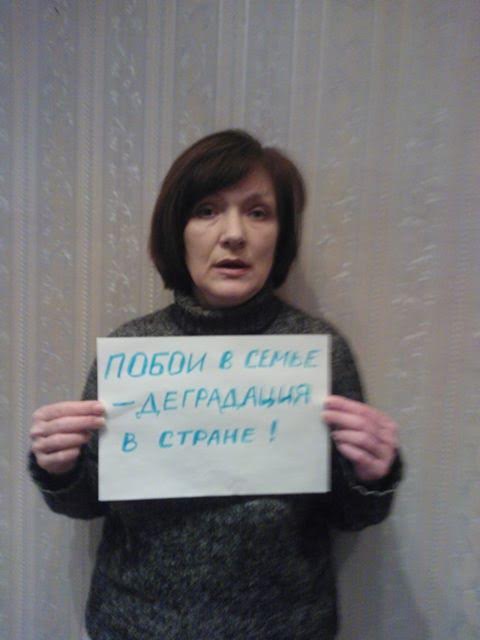
YABOKO Youth in Stavropol conducted a protest action too. (http://eng.yabloko.ru/?p=16299 ) The activists held placards with mocking slogans: “Beatings = family values? Do you beat your wife and children? The state approves of it”, “I was fined 20 000 for a picket. With this money, I could have beaten one of my family members a couple times”.
Earlier Chair of LI Human Rights Committee and LI Vice-President on the Bureau Markus Loening called on President Vladimir Putin not to sign the bill. “Domestic violence is unacceptable under all circumstances. All across the world children and women are suffering beatings by family members. Real men don’t beat their wives or children but protect them from any sort of violence. I call on President Putin not to sign the law. If codified this legislation will serve to further weaken an already deteriorating situation with human rights on the ground in Russia,” he noted. (http://www.liberal-international.org/site/HRC_Chair_Loening_calls_on_Putin_not_to_decriminalize_domestic_violence.html)
LI Human Rights Committee Member, Rosemary Machua, also called on President Vladimir Putin to repeal the law, reminding the Russian state of its obligations under international law. “On behalf of Members of the Africa Liberal Network in the Eastern Africa Region, I call upon President Vladimir Putin to repeal the domestic violence criminalization law and return the bill to the Russian Parliament (DUMA) for review and strengthening of the criminalization of domestic violence,” Ms Machua said. (http://liberal-international.org/site/Russia_must_repeal_domestic_violence_decriminalization_says_HRC_member_Machua.html)
Council of Europe Secretary General Thorbjørn Jagland sent a letter to the Chairpersons of the State Duma and the Federation Council of the Russian Federation expressing his deep concern at the legislation which, if adopted, would decriminalize domestic violence in Russia.
“I call upon you to do anything within your powers to strengthen the right of Russian families to live free from violence and intimidation,” he said.
The physical and psychological abuse of women is an extremely serious crime and an assault on their human rights, Jagland wrote. Domestic violence also harms children, either as its direct victims or as witnesses.
“Reducing ‘battery within the family’ from a criminal to an administrative offence, with weaker sanctions for offenders, would be a clear sign of regression within the Russian Federation and would strike a blow to global efforts to eradicate domestic violence.”
He reminded the Russian authorities of their obligations under the European Social Charter and as Members of the European Council. All is to no avail as yet as the bill was signed into law on 7th February.
YABLOKO is convinced that decriminalization of family violence will increase the number of victims, leaving the abusers without real punishment.
INLW advises Yabloko to try and mobilize the Douma to change their mind and start to comply by international law by working towards signing the Istanbul Convention, where after when they have adjusted the domestic laws to comply with the Council of Europe Convention, they will be able to ratify and implement it, which would save thousands of mostly women an children’s lives a year!
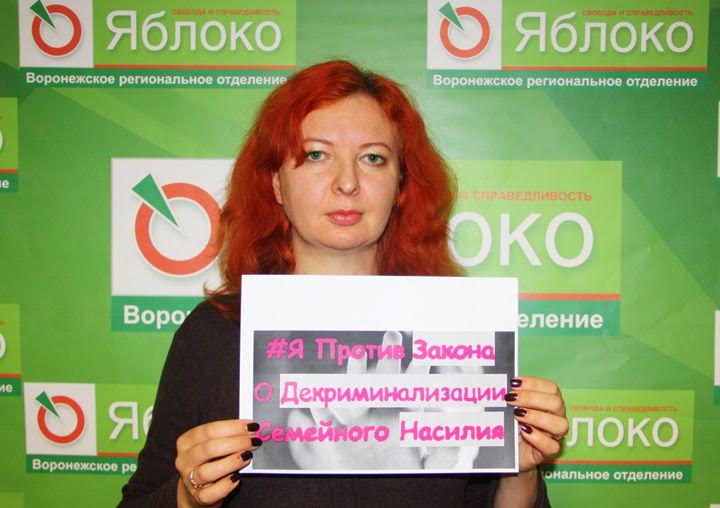
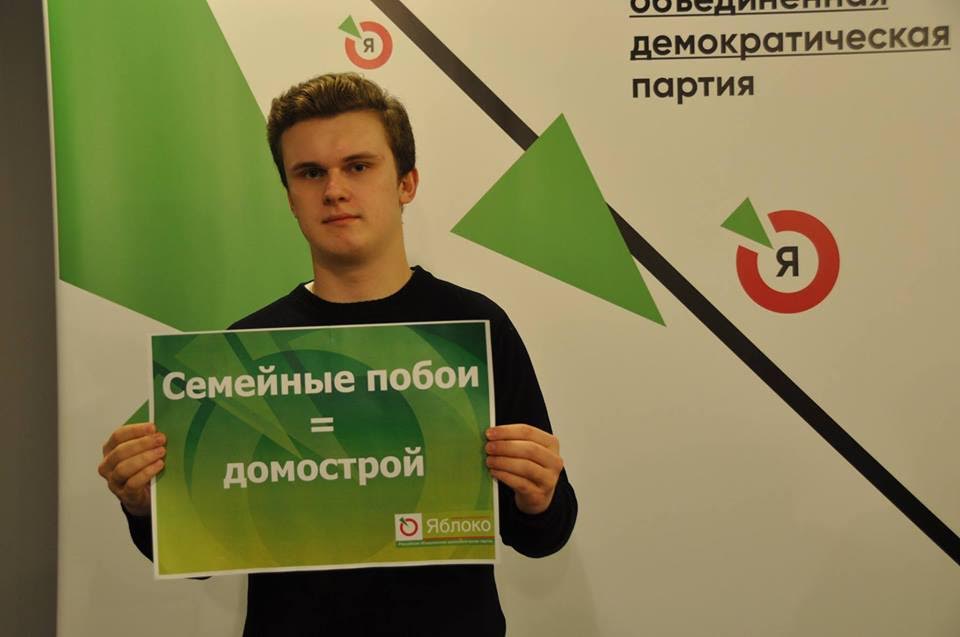
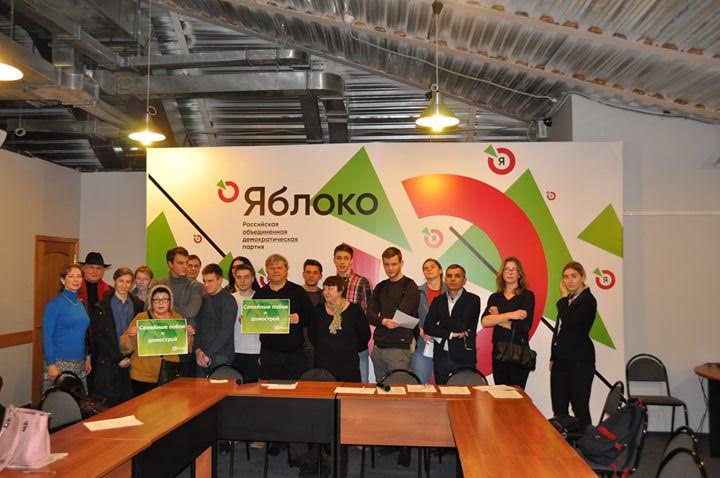
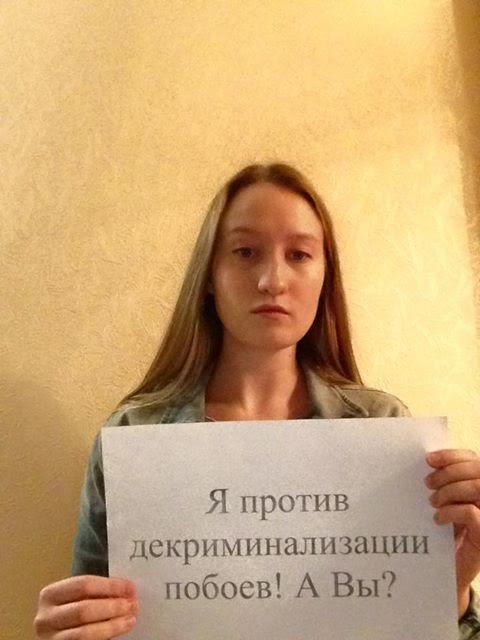
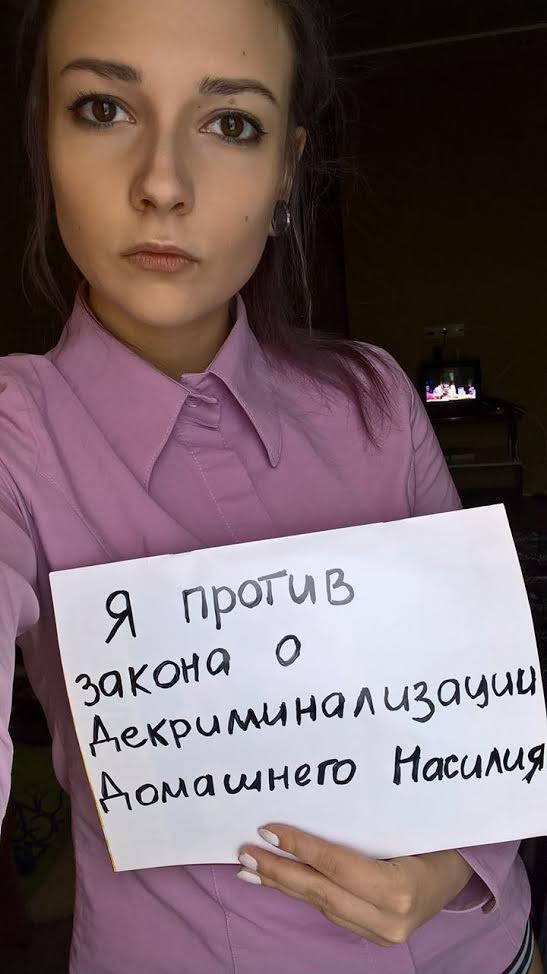
Parallel Event 17th March 2017
The INLW Board was represented at the CSW by Khadija El Morabit (Vice President for MENA region), Maysing Yang, (Vice President for Asia), Lysbeth van Valkenburg (Treasurer), Margaret de Vos van Steenwijk (President) and, Leticia Gutíerrez (Member of the Board) and also by INLW member Petra Rona. Joaquima Alemany (Past President) was also present representing Dones Libertatt et Democratia as Chairman.
 Unfortunately, because of the winter storm In New York, all programs were cancelled on Tuesday 14th. Luckily for us our parallel event was rescheduled on Friday 17th in the morning.
Unfortunately, because of the winter storm In New York, all programs were cancelled on Tuesday 14th. Luckily for us our parallel event was rescheduled on Friday 17th in the morning.
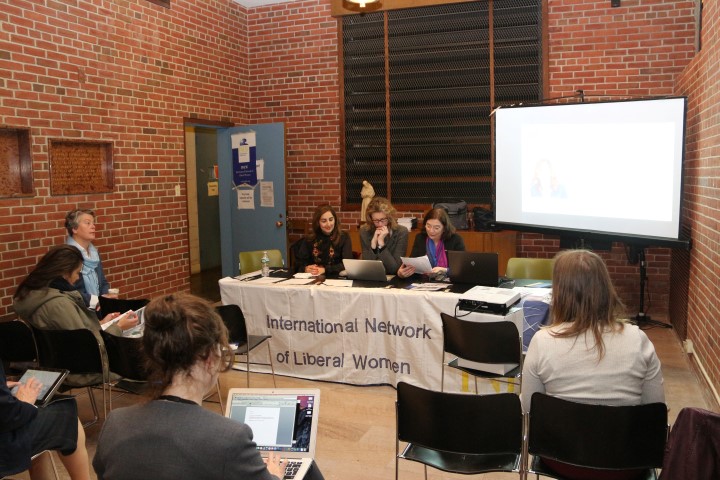 The main theme of CSW “Women’s economic Empowerment in the Changing World of Work” was lead in our choice for the event focusing on:
The main theme of CSW “Women’s economic Empowerment in the Changing World of Work” was lead in our choice for the event focusing on:
“Overcoming Challenges facing women in Business in this changing world”.
The objective was to provide an insight into the situation of women starting up business as well as running a business and their possibilities for economic empowerment around the world in these changing times.
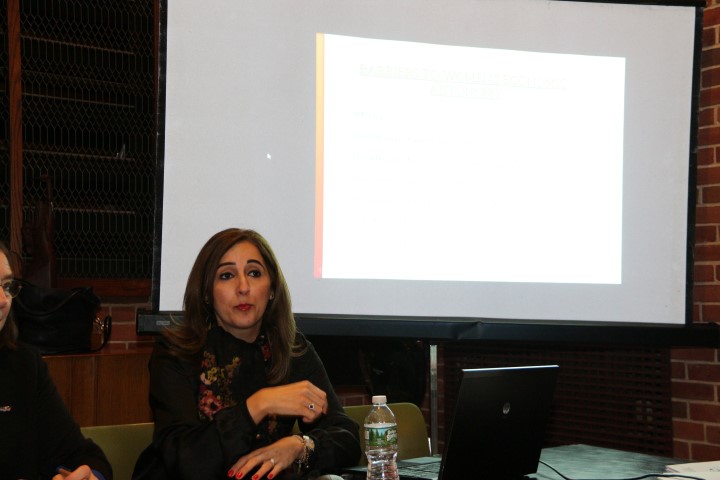 Khadija El Morabit (Entrepreneur and General Manager of a hotel business) gave her experience of starting any business as an independent woman in her home country of Morocco. For many years, it was very problematic to start any business as a woman. The reasons are the lack of women’s economic autonomy, due to illiteracy, low level of wages and income; unequal sharing of domestic chores; lack of places of child care and the high prices; lack of access to decision-making power related to the economy and lack of access to resources and means of production. But fortunately, the possibilities are better today. Feminine entrepreneurship is recognized now as source of growth, job creation, innovation and wealth in Morocco. Still the lack of publicity about public institutions that help and support entrepreneurship for women and the fact that many businesses make a start via an entrepreneurship, where business is integrated in a parental company and the fact that women do not inherit the family business is a great disadvantage for women entrepreneurs and poses a problem for specific support programs dedicated to these women entrepreneurs who want to start their own business.
Khadija El Morabit (Entrepreneur and General Manager of a hotel business) gave her experience of starting any business as an independent woman in her home country of Morocco. For many years, it was very problematic to start any business as a woman. The reasons are the lack of women’s economic autonomy, due to illiteracy, low level of wages and income; unequal sharing of domestic chores; lack of places of child care and the high prices; lack of access to decision-making power related to the economy and lack of access to resources and means of production. But fortunately, the possibilities are better today. Feminine entrepreneurship is recognized now as source of growth, job creation, innovation and wealth in Morocco. Still the lack of publicity about public institutions that help and support entrepreneurship for women and the fact that many businesses make a start via an entrepreneurship, where business is integrated in a parental company and the fact that women do not inherit the family business is a great disadvantage for women entrepreneurs and poses a problem for specific support programs dedicated to these women entrepreneurs who want to start their own business.
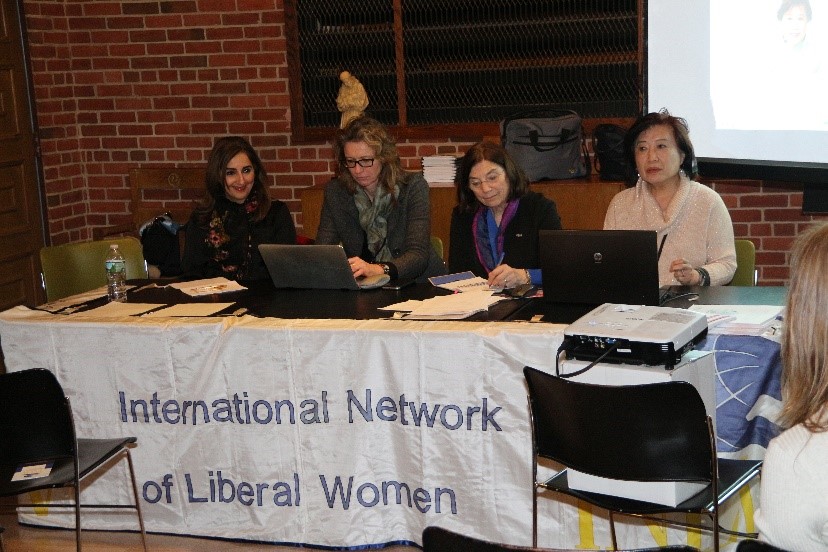 Our Member from Asia (Taiwan), Maysing Yang (Vice President for Asia), gave her view of possibilities in her region. When she started her own business, she had to have a man as president without his signature she could not start a business so she started as a vice-president in her own company to get started. It takes many years to start a business, certainly if you don’t want to bribe any people to start. The education for girls is getting better so in the future opportunities will improve but men get jobs more easily than women. In any question of heritage in Asia the eldest son inherits the assets. That is going to be changed but the culture is not so easily changed so it will take many years to get this working.
Our Member from Asia (Taiwan), Maysing Yang (Vice President for Asia), gave her view of possibilities in her region. When she started her own business, she had to have a man as president without his signature she could not start a business so she started as a vice-president in her own company to get started. It takes many years to start a business, certainly if you don’t want to bribe any people to start. The education for girls is getting better so in the future opportunities will improve but men get jobs more easily than women. In any question of heritage in Asia the eldest son inherits the assets. That is going to be changed but the culture is not so easily changed so it will take many years to get this working.
The government is investing in women and recently a law has been adopted to assist start-ups.
One of the things women must do more, is investing in their network! The men meet each other for instance after work and build their network, through this male network many jobs are given to men. Women often underestimate the importance of mingling with other women and men.In the new age, you can see that young people try to find each other via on-line communities. Investing in ICT and knowledge of all its possibilities is very important for the future.
Our Speaker from the Netherlands, Jaqueline Prins, had already left after the winter storm for her job in the Netherlands.
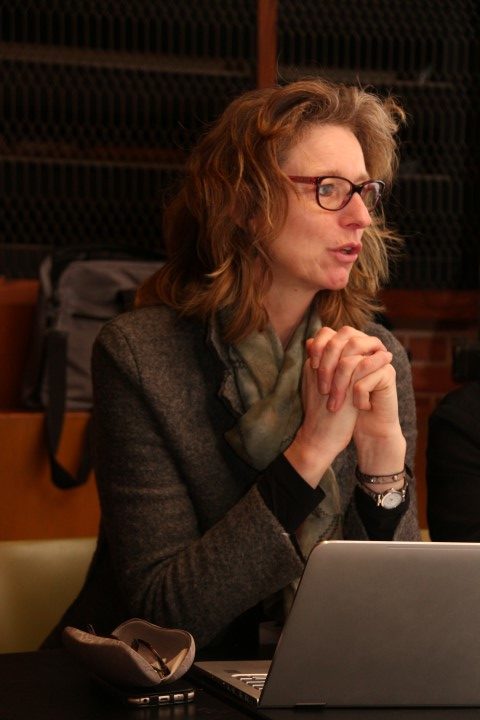 We were happy to welcome Antia Wiersma, deputy Director Atria – Netherlands Institute for Gender Equality and Women’s History.
We were happy to welcome Antia Wiersma, deputy Director Atria – Netherlands Institute for Gender Equality and Women’s History.
Antia Wiersma gave us some insight in the women empowerment in the Netherlands. There are still many women working part time (75% of women compared to 22% of men). Unfortunately, this also means that only 54 % of the working women are economically independent and many women work in the less paid jobs and are paid less. World Wide, women only make 77 cents for every dollar earned by men. This also influences the gender pay gap which amounts to 22%. Young women start out earning more being highly educated, but by age 30 they earn less than men.
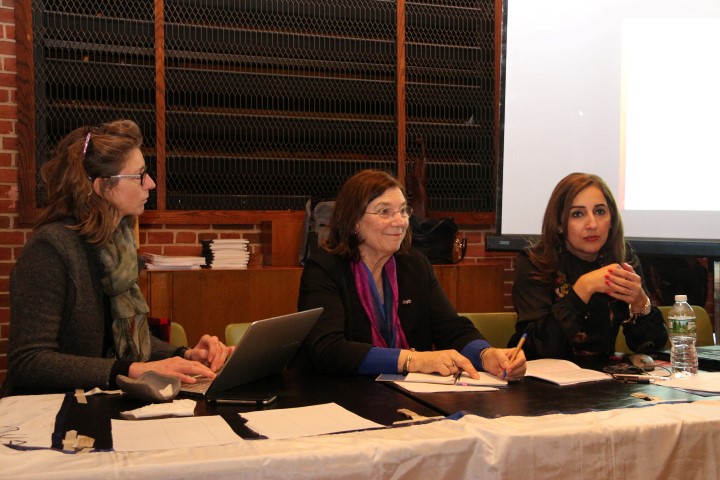 In the Dutch parliament 36 % of the parliamentarians are women. On the Dutch TV 1 in 3 persons in the talk shows are women and only 12 % of the experts that are asked to participate are women. So, although many things are well arranged for women there are still quite some things to improve.
In the Dutch parliament 36 % of the parliamentarians are women. On the Dutch TV 1 in 3 persons in the talk shows are women and only 12 % of the experts that are asked to participate are women. So, although many things are well arranged for women there are still quite some things to improve.
One of the discussions in the Netherlands is about maternity leave and if a quota about the number of women working in decision-making positions in companies and the government is a clever idea.
“We have to educate the girls about the importance of economic empowerment and independence”. Mrs. Wiersma told that “by pushing the women into the working market and implementing equal pay for men and women we can really make progress for our young girls”. We want to achieve gender equality by 2030 (Planet 50/50 by 2030). We must all recognize the gender gap in work and employment and create a cohesive action-orientated plan. A plan that challenges individuals as well as the public and private sector.
“A black list of companies who are not paying equal might work, as in Switzerland”. Companies are not allowed to work for the government if they don’t show their intentions to really pay equal and have enough women in the top.
Mrs. Wiersma is convinced that if the Netherlands doesn’t take more action it will not be able to reach the 50/50 in 2030 deadline that has been agreed upon worldwide.
As what to do for the future: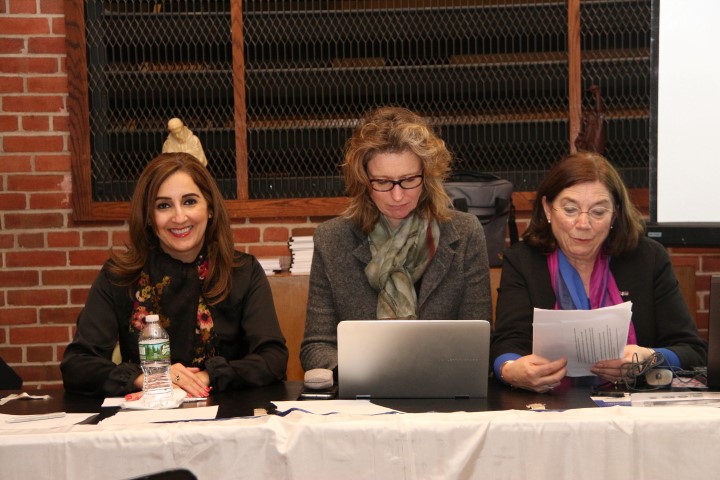
It is clear there are too few women in the so-called STEM (Science, Technology, Engineering and Mathematics) and ICT jobs. That world is still a men’s world and this must change as this is where the new jobs in the changing world will be!
In the changing world of the 4th revolution 1 in 4 women will lose their job while 1 in 20 men will lose their job. That is a challenge which must be worked on for instance by lifelong learning.
The interesting discussion between the group attending the event and the panelists gave some conclusions.
Even more insight is needed in the battle to reach the 50/50 goal.
Some of the young participants also pointed out the importance of ICT and reliable data collecting to get an insight of the results of some measures that are taken by countries all over the world. By reliable data you can enlighten the political parties so that necessary measures can be taken.
They also mentioned young women in Asia often prefer marriage to seeking jobs.
More access to finance is needed, whereby barriers of laws and rules concerning ownership of property and land; inheritance; loans only with guarantees and higher interest rates must be taken away.
Putting an effort to getting a good network is important in any business for men and women. Women must learn to make use of it and keep it up.
Moderator, Mrs. de Vos van Steenwijk, finally thanked all participants for their information and interesting discussion.
Lysbeth van Valkenburg-Lely
Margaret de Vos van Steenwijk-Groeneveld
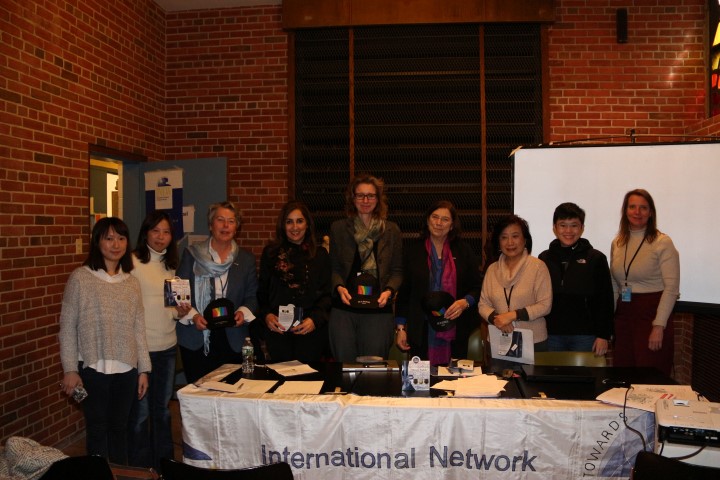
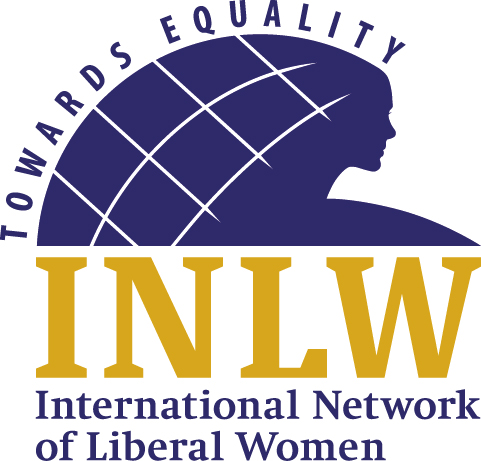
 Visit our Facebook page
Visit our Facebook page